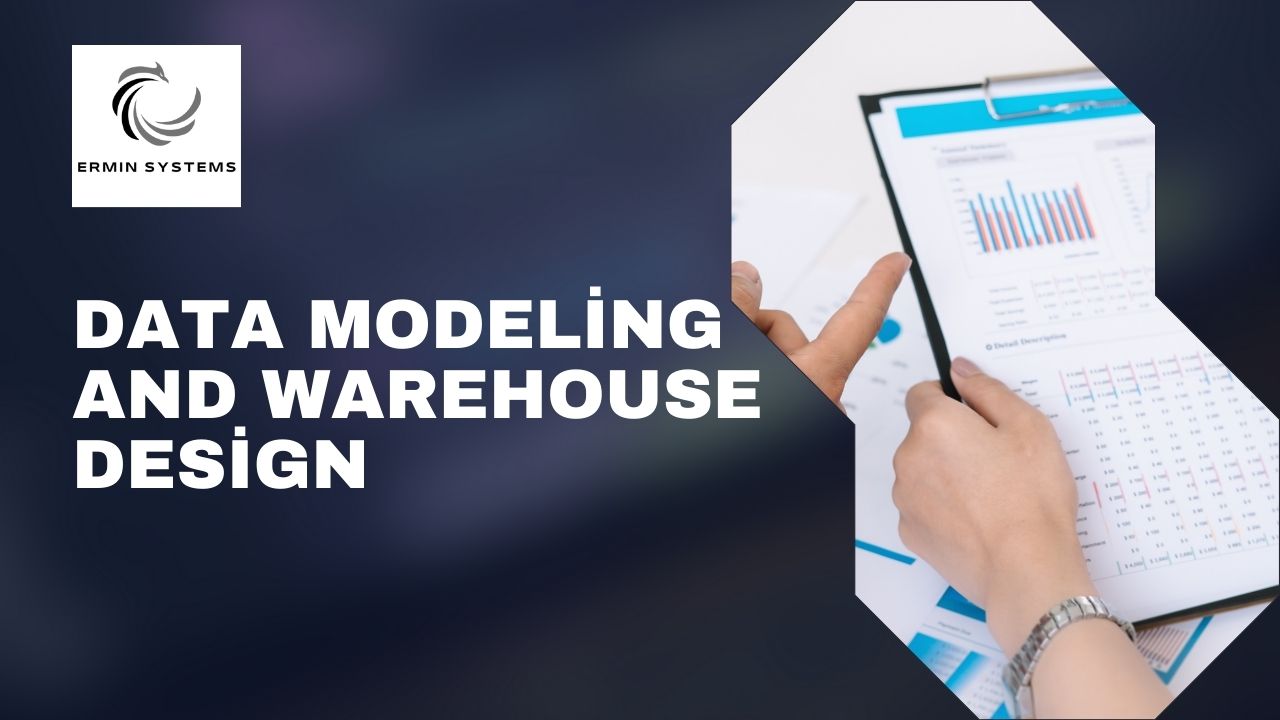Data Modeling and Warehouse Design
Data Modeling and Warehouse Design
This course is designed for data professionals looking to deepen their understanding of data architecture and warehouse design. Participants will explore key data modeling concepts, learn the principles of dimensional modeling, and discover how to effectively design and implement data warehouses and data lakes to support scalable analytics. This comprehensive approach provides the foundational knowledge necessary for optimizing data storage and retrieval processes in any organization.
Detailed Syllabus:
Week 1: Introduction to Data Modeling
- Overview of data modeling: What it is and why it's crucial for data systems.
- Understanding different data modeling types: Conceptual, logical, and physical models.
- Key modeling concepts and terminology.
Week 2: Dimensional Modeling
- Principles of dimensional modeling: Fact tables, dimension tables, star schema, and snowflake schema.
- Designing and building a star schema.
- Using dimensional modeling for business intelligence and data warehousing.
Week 3: Data Warehouse Design
- Architecture of a data warehouse: Components and processes.
- ETL processes: Design and implementation.
- Best practices in data warehouse design for scalability and performance.
Week 4: Designing Data Lakes
- Introduction to data lakes: Differences and advantages over data warehouses.
- Architecting a data lake: Storage, file formats, and data organization.
- Integrating data lakes into an existing data architecture.
Learning Outcomes:
- Understand the foundational principles of data modeling and how to apply them to design effective data structures.
- Gain proficiency in dimensional modeling and its application in building scalable data warehouses.
- Learn the architectural differences between data warehouses and data lakes and when to use each.
This course will use a mix of lectures, hands-on exercises, real-world case studies, and a final project where participants will design a data warehouse or data lake using the principles learned throughout the course. The aim is to equip data professionals with the necessary skills to architect robust data storage solutions that can handle the complexities and scale of modern data needs.

